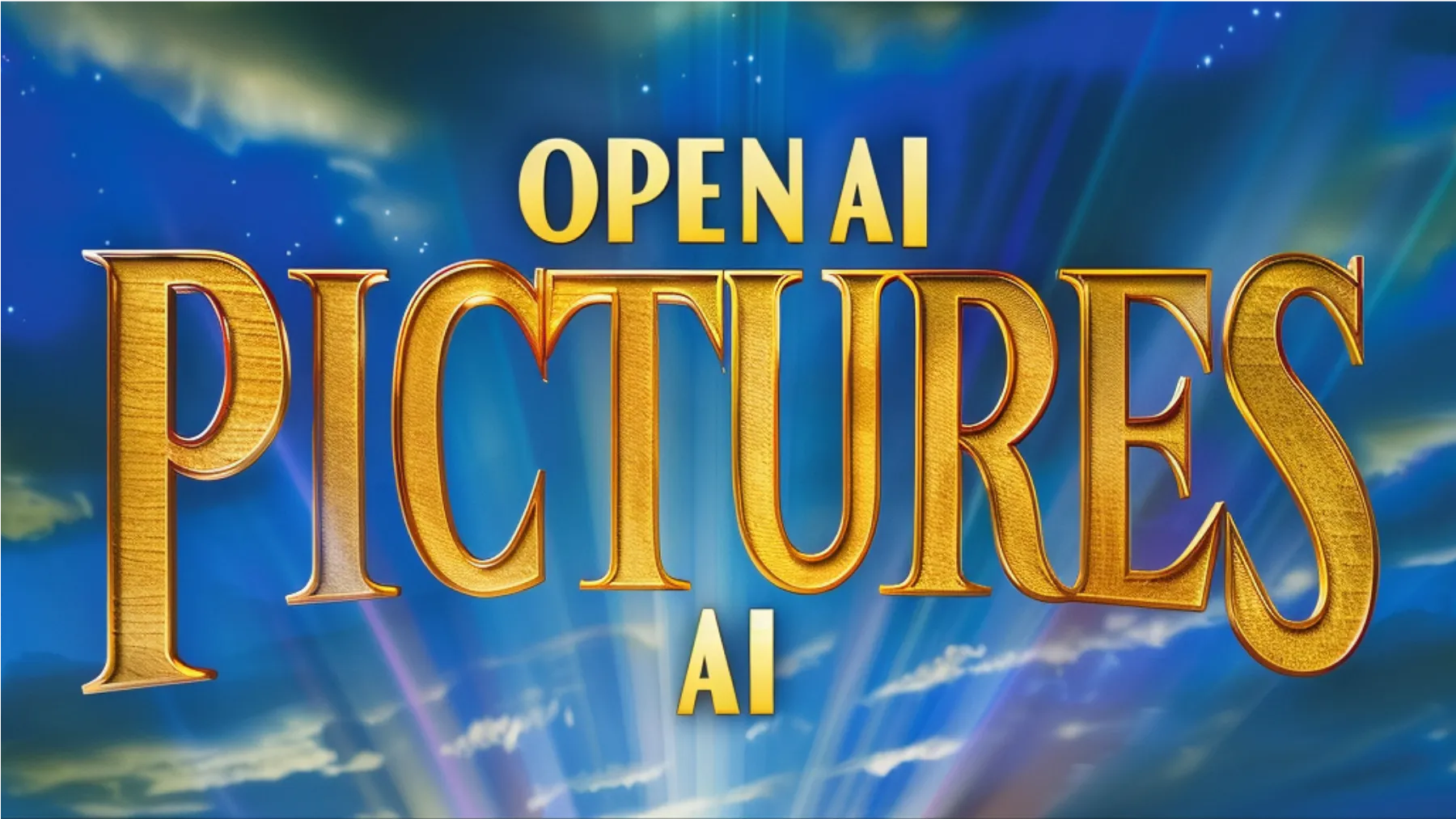The Tinseltown Tango: OpenAI's Sora Shakes Up Hollywood

The advent of OpenAI’s Sora, a cutting-edge video-generating AI system, has sent ripples through the heart of the entertainment industry. As the company showcases its technology to Hollywood directors and studios, the implications for the future of filmmaking are profound. The potential democratization of film production, coupled with the looming specter of job displacement, has left the industry grappling with the challenges and opportunities presented by this groundbreaking innovation.
OpenAI’s deliberate strategy of collaborating with the industry through iterative deployment aims to ensure the safe implementation of AI advances while keeping stakeholders informed about the impending changes on the horizon. The company’s chief technology officer has hinted at a possible public release of Sora as early as this year, further fueling the anticipation and apprehension surrounding its impact on the filmmaking process.
The use of AI in commercial films has become a polarizing topic, with some creatives embracing the technology’s promise while others vehemently oppose it. Filmmaker Tyler Perry’s decision to nix a large studio expansion in favor of green screening Sora-generated backgrounds exemplifies the potential cost savings and efficiency gains that AI can bring to the table. Similarly, the appearance of AI-generated imagery in the latest season of “True Detective” and the acclaimed horror flick “Late Night With the Devil” demonstrates the technology’s growing presence in the industry.
However, the prospect of AI eliminating jobs has raised concerns among industry professionals. The intricate nature of film production, which involves a wide array of skilled workers, from writers and actors to cinematographers and editors, means that the widespread adoption of AI could potentially disrupt the livelihoods of countless individuals. The recent writers’ and actors’ strikes in Hollywood, which sought to establish contractual limits on AI use, underscore the gravity of these concerns.
Moreover, the democratization of film production enabled by AI technology like Sora could reshape the landscape of the industry. Aspiring filmmakers, unburdened by the high costs and technical barriers associated with traditional filmmaking, may find themselves empowered to bring their visions to life. This could lead to a surge in independent productions and a diversification of voices and narratives in the media landscape.
However, this democratization also poses challenges for the established Hollywood studios. With the barriers to entry lowered, the studios may face increased competition from a new generation of AI-assisted filmmakers. The studios’ ability to adapt and leverage the technology to their advantage will be crucial in maintaining their dominance in the industry.
The reaction of Hollywood studios to the rise of AI in filmmaking has been mixed. While some studios have embraced the technology, recognizing its potential to streamline production processes and reduce costs, others have approached it with caution. The concerns surrounding job displacement and the ethical implications of using AI-generated content have led some studios to adopt a wait-and-see approach.
Furthermore, the issue of copyright and intellectual property rights looms large over the generative AI space. The lack of transparency regarding the data used to train AI systems like Sora has raised questions about the potential infringement of creators’ rights. The hesitation of OpenAI’s executive to provide details about Sora’s training data highlights the need for greater transparency and accountability in the development and deployment of these technologies.
As the entertainment industry navigates the uncharted waters of AI-powered filmmaking, it is clear that the road ahead is fraught with both excitement and uncertainty. The potential for AI to revolutionize the creative process, democratize film production, and unlock new avenues for storytelling is undeniable. However, the industry must also grapple with the challenges of job displacement, ethical considerations, and the need for robust legal frameworks to protect the rights of creators.
The Hollywood studios, with their vast resources and influence, have a critical role to play in shaping the future of AI in filmmaking. By proactively engaging with the technology, investing in research and development, and collaborating with AI companies like OpenAI, the studios can position themselves at the forefront of this transformative era. At the same time, they must also prioritize the well-being of their workforce, ensuring that the adoption of AI does not come at the cost of human creativity and livelihoods.
As the curtain rises on this new chapter in the history of cinema, it is evident that the journey ahead will be marked by both triumphs and tribulations. The successful integration of AI into the filmmaking process will require a delicate balance between embracing innovation and safeguarding the human element that lies at the heart of storytelling. Only by navigating this tightrope with wisdom, foresight, and a commitment to the greater good can the entertainment industry harness the power of AI to create a future where technology and human creativity coexist in harmony.
The dance between Hollywood and AI has only just begun, and the steps that follow will shape the trajectory of the film industry for generations to come. As we witness the unfolding of this cinematic revolution, one thing remains certain: the future of filmmaking will be anything but predictable.